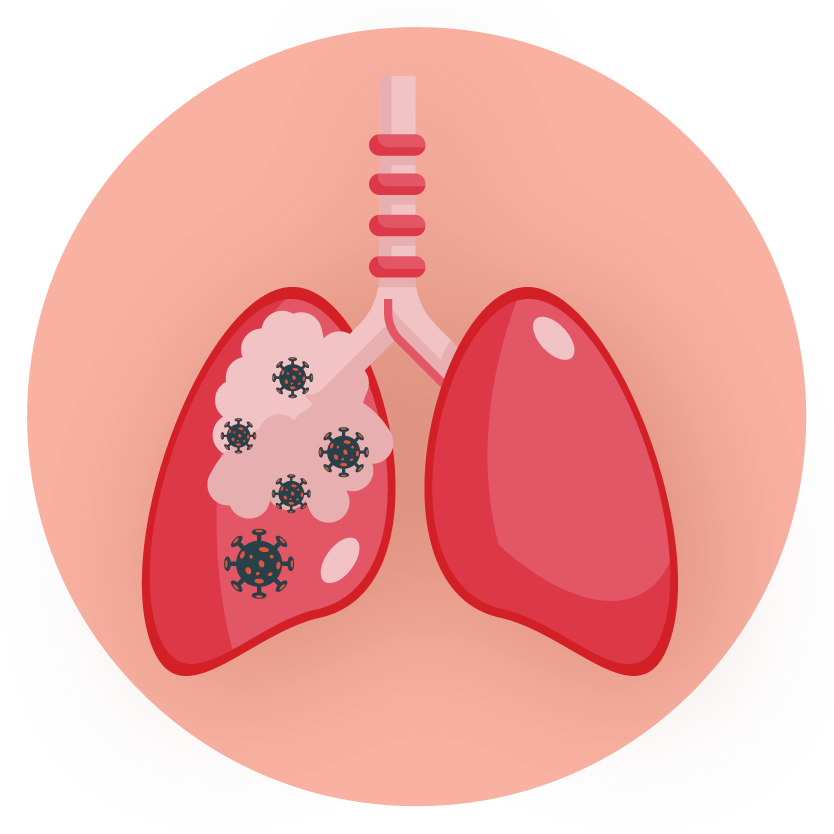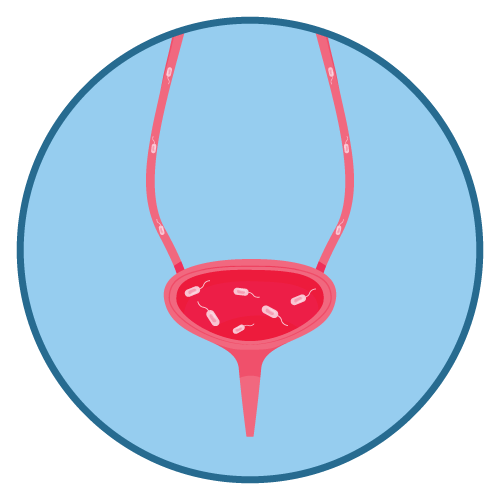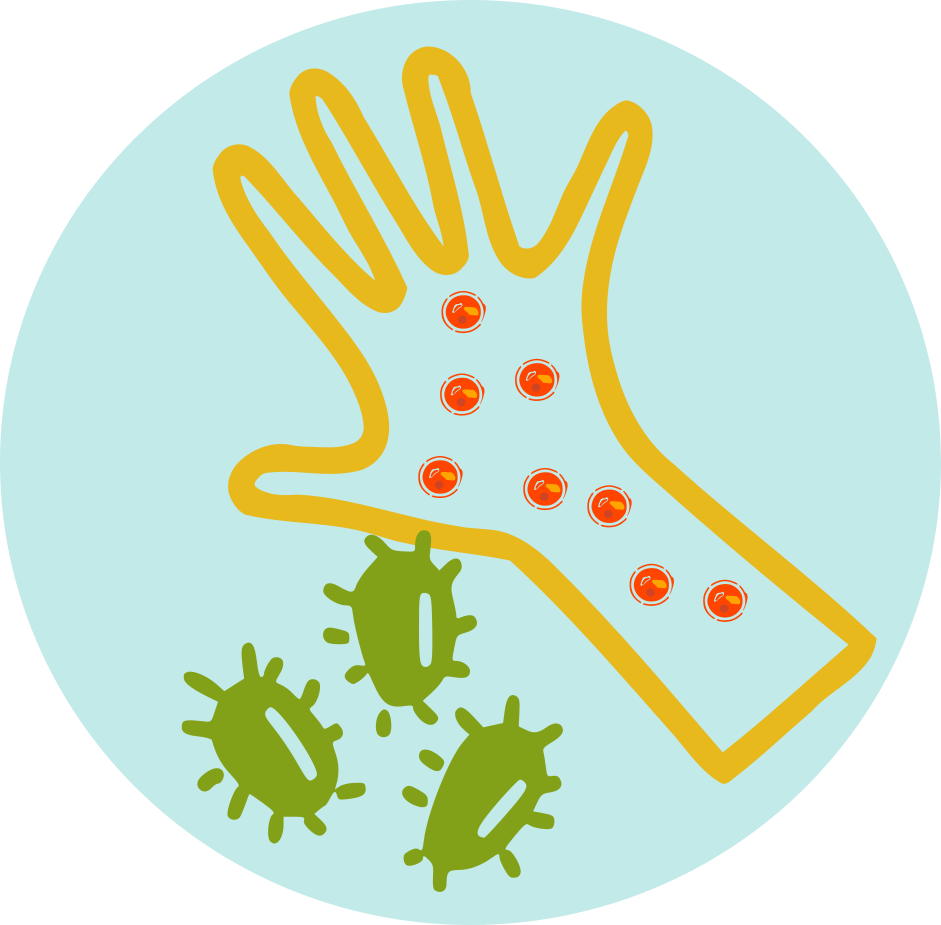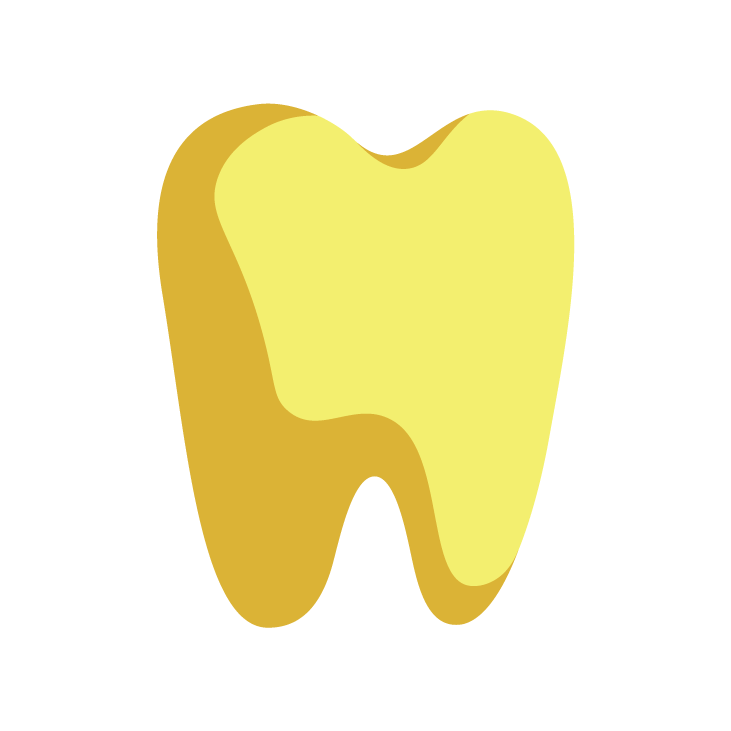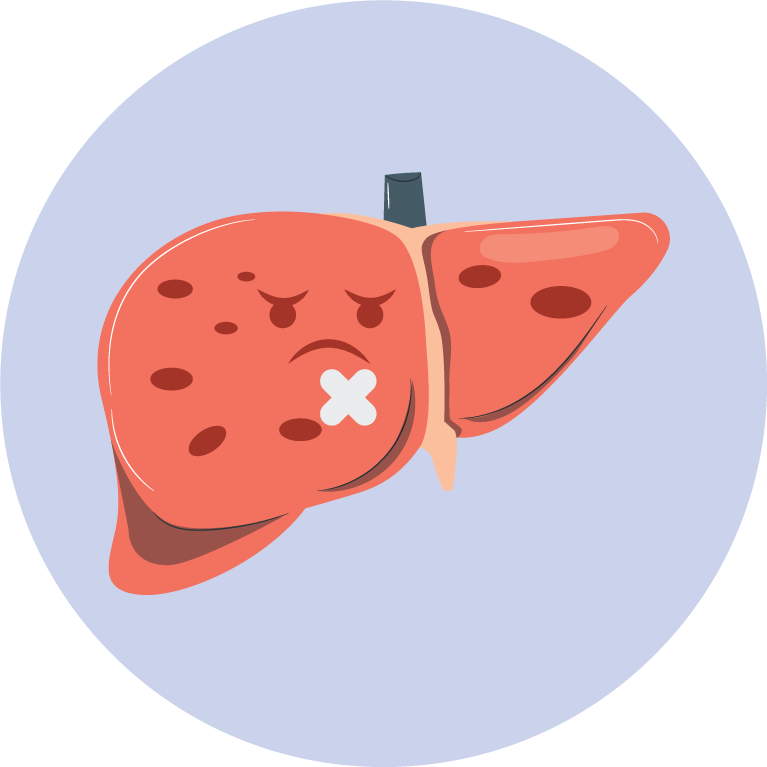| Name | Demeclocycline Hydrochloride |
| Classes |
Antiinfective Agent Antibiotic Tetracycline |
| Diseases |
Cholera Fever Infectious Disease RTI (Respiratory Tract Infection) |
Demeclocycline Hydrochloride
Demeclocycline Hydrochloride belongs to the class of drugs known as tetracycline antibiotics. It acts by inhibiting bacterial protein synthesis through binding to the 30S ribosomal subunit, thereby preventing the growth and multiplication of susceptible bacteria.
Demeclocycline Hydrochloride is indicated for the treatment of certain bacterial infections caused by susceptible strains, including:
- Respiratory tract infections
- Urinary tract infections
- Skin and soft tissue infections
- Sexually transmitted infections
- Adults: Usual daily dose - Four divided doses of 150 mg each or two divided doses of 300 mg each.
- For pediatric patients above eight years of age: Usual daily dose, 7 to 13 mg per kg body weight per day, depending upon the severity of the disease, divided into two to four doses not to exceed adult dosage of 600 mg per day.
- Gonorrhea patients sensitive to penicillin may be treated with demeclocycline administered as an initial oral dose of 600 mg followed by 300 mg every 12 hours for four days to a total of 3 grams.
The following side effects have been reported with Demeclocycline Hydrochloride-
- Gastrointestinal disturbances (nausea, vomiting, diarrhea)
- Photosensitivity reactions (increased sensitivity to sunlight)
- Skin reactions (rash, itching)
- Headache
- Dizziness
- Tooth discoloration (in children)
- Vaginal candidiasis (yeast infection)
- Hepatotoxicity (liver damage)
- Blood disorders (anemia, thrombocytopenia)
- Allergic reactions: Discontinue the use of Demeclocycline Hydrochloride and seek medical attention if signs of an allergic reaction (rash, swelling, difficulty breathing) occur.
- Photosensitivity: Avoid excessive sunlight or artificial UV light exposure during treatment as Demeclocycline Hydrochloride may increase the risk of sunburn. Use protective clothing and sunscreen.
- Superinfection: Prolonged or repeated use may result in the overgrowth of non-susceptible bacteria or fungi. If a secondary infection occurs, appropriate measures should be taken.
- Renal impairment: Use with caution in patients with renal impairment as dose adjustment may be necessary.
- Hepatic impairment: Use with caution in patients with liver dysfunction as Demeclocycline Hydrochloride may cause hepatotoxicity.
- Pregnancy and breastfeeding: Use of Demeclocycline Hydrochloride during pregnancy or breastfeeding should be done only if clearly needed and under the guidance of a healthcare professional.
Contraindication
Demeclocycline Hydrochloride is contraindicated in the following situations:
- Hypersensitivity to tetracycline antibiotics such as-
Concomitant use of Demeclocycline Hydrochloride with mineral supplements is contraindicated.
Demeclocycline Hydrochloride is contraindicated in the following situations:
- Severe hepatic impairment
- Children under 8 years of age (due to the risk of tooth discoloration and impaired bone growth)
- Pregnancy (especially during the second half of pregnancy)
- Breastfeeding mothers (tetracyclines can be excreted in breast milk and may harm the nursing infant)
 Bangla
Bangla English
English